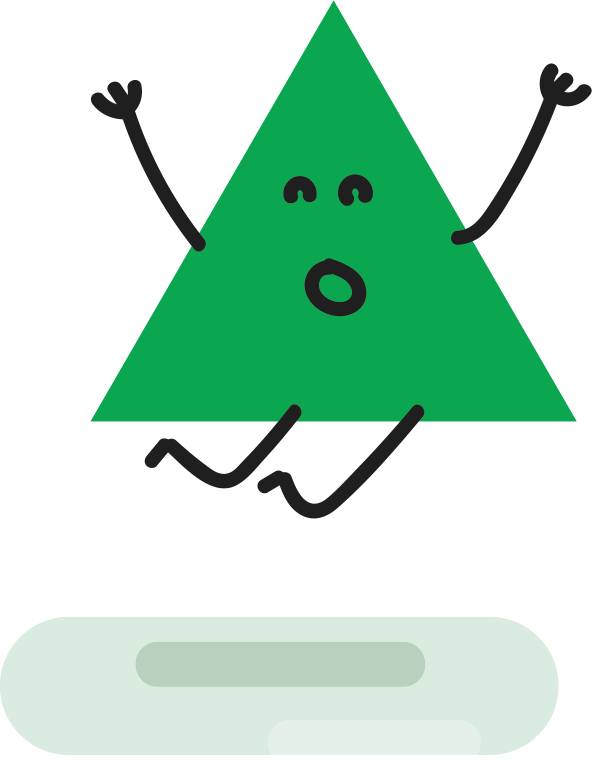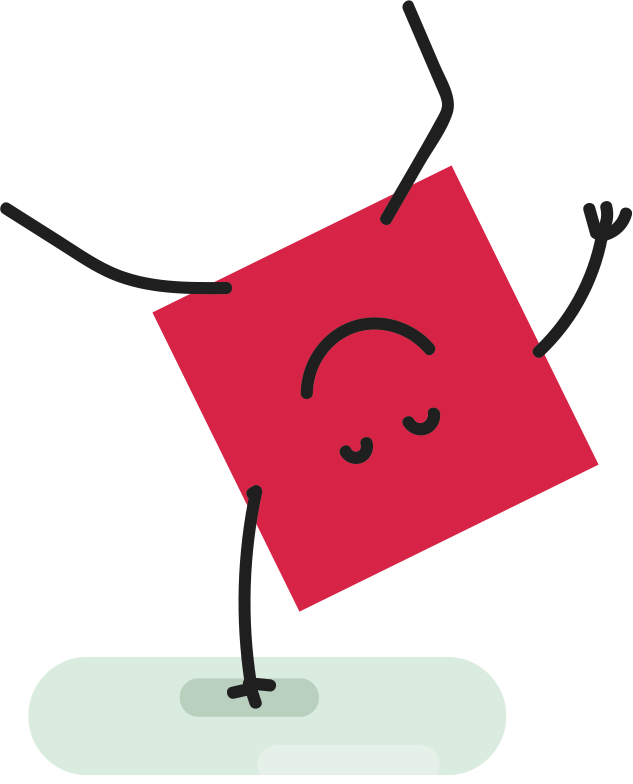

We help children and young people with autistic spectrum conditions (ASC)

Social communication and social skills impact many areas of life, and our assessments bring a broad range of benefits through:
Following an assessment we can provide parents, carers, and education professionals with the skills they need in order to support children and young people.
A social communication and social skills assessment can be carried out following an initial discussion, please see our process below.
During a social communication and social skills assessment we would assess how a child or young person interacts with others, deals with social situations and how they perceive social situations. Assessing these areas help to understand where any challenging areas for an individual.
The specific assessments used will be chosen based on the individual and their needs. The main social communication and social skills assessments we use are:
Observations are also very useful tools when assessing social communication and social skills.
Following a social communication and social skills assessment we would highlight areas of strength and needs. We would also be able to make recommendations for the future, including interventions, onwards referral and strategies.
As part of our bespoke service we offer a variety of report styles for our assessments. Our social communication and social skills assessment can provide a brief report, a comprehensive report or a recommendations report. Learn more about the reports we offer.
Arrange an initial discussion to find out how we can benefit your education setting. The initial discussion lasts 2 hours and is a starting point to identify needs. The cost is £260.
only
£260


Once again thank you for all your help and for actually listening to me when others wouldn’t.

Jodie (Parent)
Thank you Julie once again for the excellent report, it captured the child’s needs entirely - SENDIASS, parents and me commented on how well written it was. Many thanks for your continued assistance.

SENCO
Sarah Ward was brilliant with us. Really happy with the help and support, would recommend.

Joanne (Parent)
I think the work you have been doing has been great to help break the stigma of mental health and as a fellow sufferer I know how important that is.

Mental health professional
Many thanks for Sarah W’s hard work with our students which has been very well received.

Deputy Head
Really enjoyed it and learnt lots that I can take back to school. Thank you for the quality experience.

Sarah Tindal
Thank you Julie once again for the excellent report, it captured the child’s needs entirely - SENDIASS, parents and me commented on how well written it was. Many thanks for your continued assistance.

SENCO

We provide bespoke solutions to suit all budgets and requirements for children and young people aged 0-25 in homes, education settings and the community. Our clinical, educational and child psychology services are cost effective.
To make a referral and arrange an initial discussion please complete our referral form.

Ready to get started? The next step is to speak to our team to find out more about the services we provide and how we can help. Call us on 0161 820 9229 or email office@hsrpsychology.co.uk